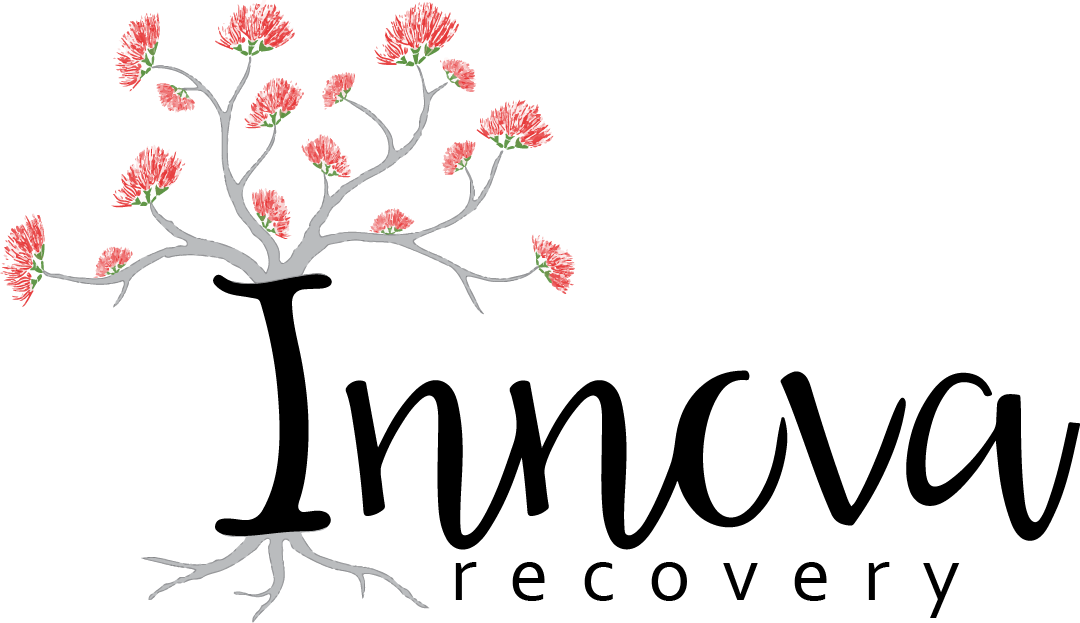TB-CBT #
Trauma-Focused Cognitive Behavioral Therapy (TB-CBT) helps clients, particularly children and adolescents, and their caregivers process and overcome the effects of trauma. It operates on the principle that your thoughts influence your feelings and behaviors.
WHAT IT DOES
It helps individuals identify and challenge distorted, unhelpful thoughts that arise from trauma, and it provides relaxation and coping skills.
For example, a child who blames themselves for an event can be guided to understand that the trauma was not their fault.
DBT #
Dialectical Behavior Therapy (DBT) was originally for borderline personality disorder but is highly effective for trauma by teaching skills to manage intense emotions and harmful coping behaviors. It synthesizes change with acceptance.
WHAT IT DOES
It focuses on four core modules:
- Mindfulness: Staying aware of the present moment without judgment.
- Distress Tolerance: Accepting and coping with painful emotions instead of avoiding them.
- Emotion Regulation: Understanding and managing intense emotions.
- Interpersonal Effectiveness: Communicating needs and setting healthy boundaries in relationships.
EMDR #
Eye Movement Desensitization and Reprocessing (EMDR) is a structured approach that uses bilateral stimulation, such as guided eye movements, to help the brain reprocess traumatic memories. It’s based on the idea that traumatic events can get “stuck” or improperly stored in the brain.
WHAT IT DOES
By focusing on a traumatic memory while following a back-and-forth movement, the brain integrates the memory more adaptively. The emotional intensity associated with the event decreases, allowing the individual to remember the event without severe distress.
ART #
Accelerated Resolution Therapy (ART) is a rapid and effective method for reducing the emotional impact of trauma, often in one to five sessions. It also uses rapid eye movements, but incorporates “voluntary image replacement”.
WHAT IT DOES
Clients replace the negative, distressing image of a traumatic event with a positive or neutral one while their eyes are moving.
This reframes the memory so it no longer triggers intense emotional or physical reactions.
CPT #
Cognitive Processing Therapy (CPT) is a specific type of CBT that focuses on the “stuck points”—the unhelpful thoughts and beliefs that prevent recovery from trauma. It helps clients challenge and modify distorted beliefs about themselves, others, and the world.
WHAT IT DOES
Through writing and processing exercises, CPT helps clients gain a new perspective on the trauma, which can reduce feelings of fear, guilt, and anxiety. Areas like safety, trust, and control are specifically addressed.
Polyvagal Theory #
Polyvagal Theory, developed by Dr. Stephen Porges, is not a therapy itself but a framework that informs many trauma treatments, especially somatic ones.
It explains how the autonomic nervous system determines our sense of safety and our responses to threat through three states:
- Ventral Vagal: The state of safety and social engagement.
- Sympathetic: The “fight-or-flight” response.
- Dorsal Vagal: The “freeze” or shutdown response when overwhelmed.
WHAT IT DOES
Informs therapies that work to re-regulate a nervous system stuck in a defensive state and helps build a greater sense of internal safety.
Somatic Therapy #
Somatic Therapy, including Somatic Experiencing, focuses on how trauma affects the body and nervous system. It operates on the understanding that traumatic stress can become “trapped” in the body, leading to chronic tension, anxiety, and other physical symptoms.
WHAT IT DOES
Techniques like titration and pendulation help clients build awareness of bodily sensations and gently release the stored energy of past trauma.
This “bottom-up” approach helps the nervous system return to a regulated state.
ACT #
Acceptance and Commitment Therapy (ACT) is a mindfulness-based therapy that helps clients live a meaningful life despite the presence of traumatic thoughts, feelings, or memories.
It does not aim to eliminate trauma symptoms, but to change one’s relationship with them.
WHAT IT DOES
ACT builds psychological flexibility through six core processes, which include acceptance, present-moment awareness, and committed action toward personal values. It helps clients move beyond “the struggle” with their pain so they can engage fully in life.
Conclusion #
In summary, from cognitive restructuring to body-based techniques, these modalities offer diverse pathways to healing, helping individuals not just manage trauma but ultimately reclaim their lives and well-being.
Download This Resource #
Save the printable PDF version of this article to reference or share anytime.







